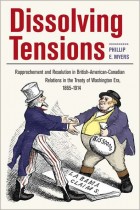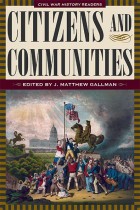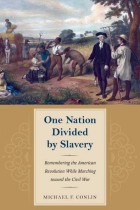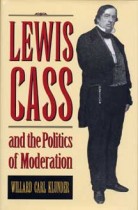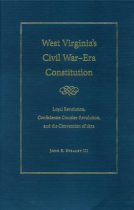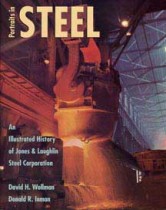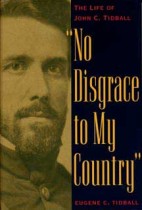Addressing America
Jeffrey J. Malanson | Filed under: American History, Audiobooks, New Studies in U.S. Foreign Relations, U.S. Foreign Relations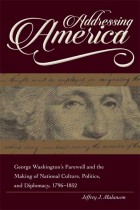
In his presidential Farewell Address of 1796, George Washington presented a series of maxims to guide the construction of a wise foreign policy. He believed, as did generations of his adherents, that if the United States stayed true to the principles he discussed, the country would eventually attain national greatness and international respectability. These principles quickly became engrained in the DNA of what it meant to be an American in the first half of the nineteenth century, shaping the formation of U.S. foreign policy, politics, and political culture. The Declaration of Independence affirmed American ideals, the Constitution established American government, and the Farewell Address enabled Americans to understand their country and its place in the world. While the Declaration and Constitution have persisted as foundational documents, our appreciation for the Farewell Address has faded with time.

